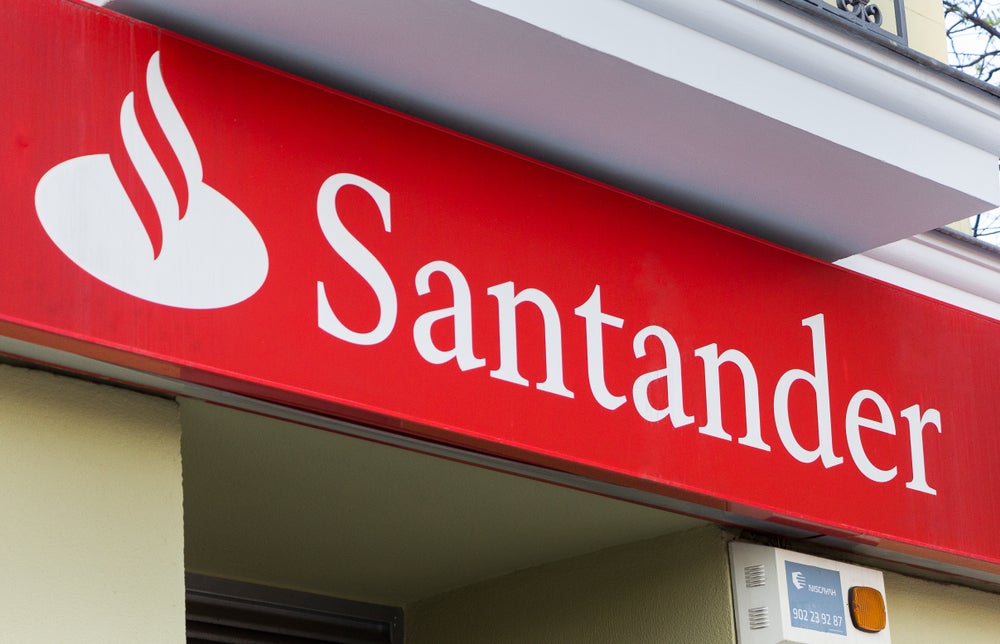SG Private Banking, the increasingly aggressive wealth arm of
French banking major Société Générale, is in the process of
creating a platform aimed at family offices. The aim is to outwit
private banking rivals in tapping into the ultra-wealthy, composed
of super-rich individuals as well as families.
“Our family office platform is on the verge of take-off,” said
Daniel Truchi, SG Private Banking’s chief executive, speaking to
Private Banker International. “We want to design something
different that will appeal to the large, globally-diverse
family.”
Family offices are seen as an increasingly important part
of the wealth industry and likely to capture a growing share of the
total wealth pot.
According to Truchi, this reflects the wide range of requirements
among sophisticated wealthy families, many of whose members may be
domiciled in different jurisdictions, as well as the disenchantment
of big investors with the quality of advisory and portfolio
management services from some private banks during the market
downturn.
Such families typically want to book assets in multiple
jurisdictions, because of such disparate needs.
Truchi declared: “If you don’t have this global strategy, you are
not in a position to compete.”
How well do you really know your competitors?
Access the most comprehensive Company Profiles on the market, powered by GlobalData. Save hours of research. Gain competitive edge.

Thank you!
Your download email will arrive shortly
Not ready to buy yet? Download a free sample
We are confident about the unique quality of our Company Profiles. However, we want you to make the most beneficial decision for your business, so we offer a free sample that you can download by submitting the below form
By GlobalDataAt the same time, multi-family offices are not considered to be
“scalable”, in that there is a finite size to the number of
families which any one centralised organisation can handle because
of the huge complexity of needs. So even the biggest family office
often needs to outsource to find the specific services it
needs.
“Our approach is to create access to all the services that a bank
can provide, building up in a ‘modulable’ manner so both
multi-family as well as single-family offices can access the
particular services they need,” added Truchi.
US equity fund among first products
He would not spell out the exact suite of services planned, for
competitive reasons. But he does confirm that a special US equity
fund will be among the first products on the investment management
side.
What will reinforce the new platform is the expertise SG Private
Banking has won from its partnership with one of the world’s
biggest family offices, Rockefeller & Co. It is considered one
of the most astute joint ventures in the wealth management industry
of recent years.
Truchi confirmed that the alliance, agreed two years ago, has
increased SG Private Banking’s capability to provide a dedicated
offering to ultra high net worth clients and family offices
worldwide, a key client segment of its growth strategy.
An important component in this regard is Rockit Solutions, an arm
of Rockefeller which provides comprehensive services to other
family offices.
SG & Rock may offer common products
In fact, word is that the venture with Rockefeller & Co, in
which SG has taken a small stake, could lead to a common range of
products and services in order that the current relationship
continues to bear fruit for both parties.
Still, dealing with the ultra-wealthy is often considered to be a
zero-sum game, not least because these clients have the clout to
gouge their advisers on fees.
Truchi concedes this point, but says the key is to find “the sweet
spot” where families are still small enough to provide a decent
margin for their advisers, indicating that this roughly starts from
the family with at least $50 million upwards.
“Segmentation is important here,” he said. “And the financial
crisis has demonstrated that even the biggest clients will pay up
for an excellent service.”
Another plank of the SG Private Banking strategy to attract the
uber-wealthy is its trust services, in which it has been
investing.
“This is providing significant growth,” said Truchi. “[Many wealthy
families] want the comfort of a trustee-based wrapper for their
various financial planning and inheritance needs.”
SG Private Banking itself does not rely on offshore tax havens or a
tax-shy clientele for its core business, said the French banker,
who is pessimistic about the prospects for “the very vulnerable”
banks which rely on this activity.
Indeed, Truchi believes his bank looks increasingly well-placed to
flourish and outperform its rivals in coming years.
Truchi is one of those bankers who believe that the current
financial crisis and global recession will trigger inevitable exits
from the wealth industry by a number of players, in an imminent
bout of consolidation.
Several small M&A deals have taken place in recent months, such
as the sale of AIG Private Bank in Switzerland to Middle East
interests and the various divestments by Commerzbank/Dresdner Banks
after their merger, he notes.
But the M&A business so far involving “small fish” is going to
give way to “huge consolidation”, Truchi forecasted.
“You are going to see a number of private banks come onto the
market,” he asserted.
That will include small to medium private banks but other players
which may be part of large financial conglomerates forced, because
of capital and balance-sheet constraints, to refocus their
businesses. While Swiss banks are pressured by the global attack on
banking secrecy, Truchi admitted some banks such as Pictet have
pioneered innovative investments in fields like the environment and
are enjoying significant growth.
Buyers that will help drive consolidation will include cash-rich
banks and financial institutions in the Middle East and Asia which
are looking to build their global wealth presence, Truchi
contends.
“The banks which remain are going to be much larger in size,” he
said.
The French banker meanwhile will not confirm published reports he
is interested in acquiring Kleinwort Benson, the London-based
private bank which Commerzbank has now put up for sale.
Analysts believe there is an “industrial logic” to a consolidation
in the UK market that would lead to some benefits out of any
tie-up.
Truchi doesn’t see all the current private banking players being
able to keep up the pace.
“Many banks have enjoyed the bull market of the last decade or
two,” he declared.
“When you are in growth mode, it is easy to make money. But for
some players, when things like brokerage revenue stops and markets
decline, it triggers a scissors effect.”
Competitive margins
SG Private Banking is in fact “flourishing” despite the tough
environment, and is currently posting a best-in-class margin of
over 110 basis points on managed assets, he says.That puts it up
there with industry leaders like Credit Suisse, a bank that
traditionally has enjoyed the highest return from their private
banking businesses.
For example, Credit Suisse reported a gross margin on managed
assets in first-quarter 2009 of 116 basis points, similar to its
performance in 2009. Of the total, 86 bps came from recurring
business and the remaining 30 bps from transaction-based
business.
“One of the keys [to these high margins] is our multiple approach
in our products and services range from simple investments to
sophisticated financial engineering that boost the share of
wallet,” Truchi said.
The banker says that his bank will be a selective buyer of
attractive private banking arms in what he is convinced will be the
coming industry shakeout, although he will also rely on organic
growth as well, particularly in Asia where wealth operations come
onto the market only rarely.
“It would be wrong to call us a predator, but right to call us one
of the winners of the future,” Truchi concluded.
John Evans








